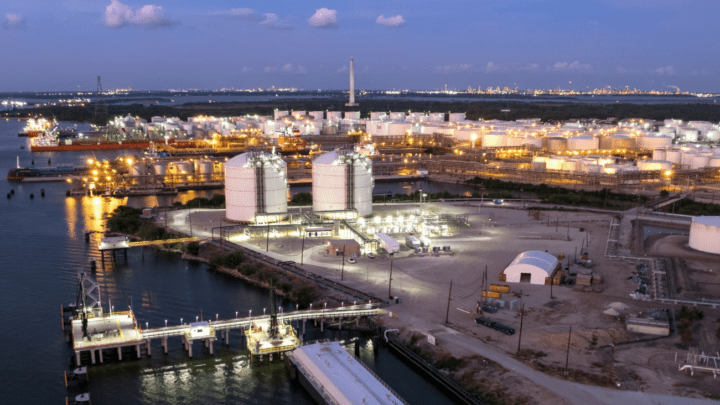
Exolum, Europe’s leading logistics company for liquid products and one of the largest in the world, has completed the acquisition of a 50% interest in Vopak Moda Houston, an ammonia storage, import and export terminal located on the Houston Ship Channel, from Moda Midstream.
The operation took place after obtaining approval from the competent regulatory authorities.
This transaction is fully aligned with Exolum’s strategy of positioning itself as a leading manager of infrastructure and decarbonising fuel in forthcoming decades.
The investment represents an opportunity for Exolum’s business development in the US and the acquisition of key competences to implement innovative projects in Spain that are aligned with the energy transition.
VMH is the only waterborne ammonia terminal on the Houston Ship Channel with a Very Large Gas Carrier (VLGC)-capable deepwater berth and is strategically connected via pipeline to the Port of Houston’s petrochemical complex, the largest petrochemical hub in the US and the world’s second largest, which makes it a key terminal.
The facility currently provides ammonia and natural gas liquid (NGL) storage services, with VMH announcing at the end of last year its plans to build a new facility for the large-scale export of low-carbon ammonia.
Exolum and Vopak have alliances in two other companies – Terquimsa, engaged in the receipt, storage and dispatch of bulk liquid products from its facilities located in the ports of Tarragona and Barcelona, and HSL Technologies, a French start-up focused on the development of hydrogen logistics, in this latter case together with other partners.
Jorge Lanza, Exolum’s CEO, said: “Exolum wishes to become a key player in the development of supply chains for new sustainable energy vectors such as ammonia and green methanol, both of which are hydrogen derivatives.
“This operation, Exolum’s first in the US will enable us to continue strengthening our position in strategic ports. It also allows us to further promote the energy transition and the decarbonisation of mobility, which are central to our Sustainability Master Plan.”

